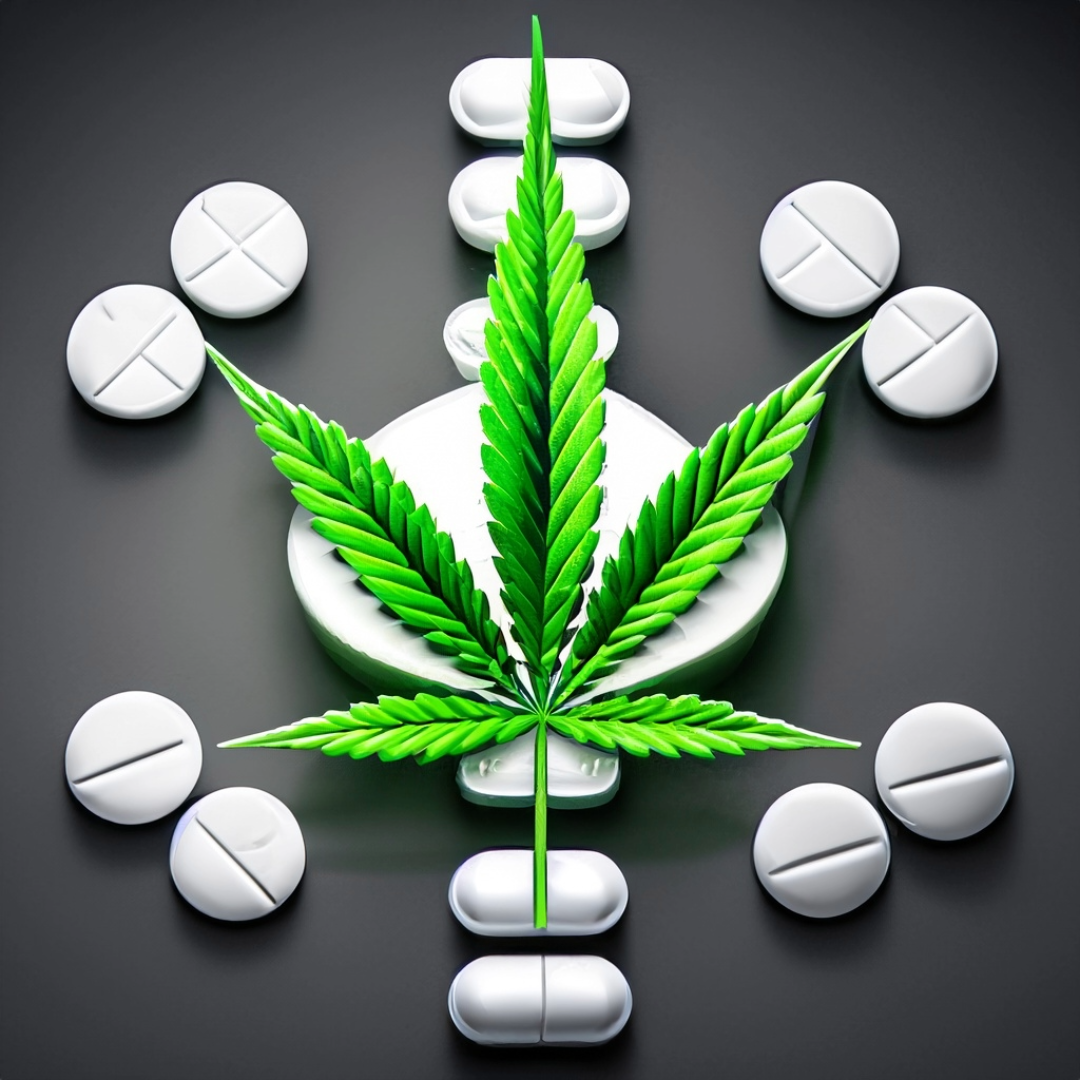Can CBD have adverse effects if I am taking pharmaceuticals?

CBD, or cannabidiol, has gained popularity for its potential therapeutic benefits, but it's crucial to understand how it may interact with pharmaceutical drugs, as these interactions can have significant effects on users' health and well-being. CBD's interaction with the cytochrome P450 (CYP450) enzyme system in the liver is a key mechanism behind its effects on pharmaceutical drugs, potentially leading to altered drug metabolism and potential side effects. Here, we'll delve into the known pharmaceutical medications that CBD can affect and their potential consequences.
Blood Thinners:
- CBD can affect the metabolism of blood-thinning medications like warfarin, potentially increasing the risk of bleeding or other complications. (American Journal of Medicine)
Antiepileptic Drugs:
- CBD has been investigated as a potential treatment for epilepsy, but it can interact with anti-seizure medications like clobazam, altering their levels in the bloodstream. (Epilepsia)
Antidepressants and Antipsychotics:
- Some antidepressant and antipsychotic medications may also be influenced by CBD, potentially affecting their efficacy or increasing the risk of side effects. (Frontiers in Pharmacology)
Immune Suppressants:
- CBD may interact with immune-suppressing medications, such as cyclosporine, potentially leading to variations in drug levels in the body. (Cannabis and Cannabinoid Research)
Anti-Anxiety Medications:
- Some anti-anxiety medications like benzodiazepines, including diazepam, may be affected by CBD, leading to potential changes in their effectiveness or side effects. (Journal of Clinical Pharmacy and Therapeutics)
It's important to emphasize that the interactions between CBD and pharmaceutical drugs can vary from person to person due to factors such as the specific medications being used, dosages, and an individual's unique physiology. To mitigate potential risks, individuals taking any of these pharmaceutical drugs or other medications should consult with their healthcare provider before incorporating CBD into their routine. Regular monitoring by a healthcare professional is essential to ensure the safe and effective use of both pharmaceutical medications and CBD. Open communication with medical experts is key to making informed decisions regarding CBD use in conjunction with specific medications.
